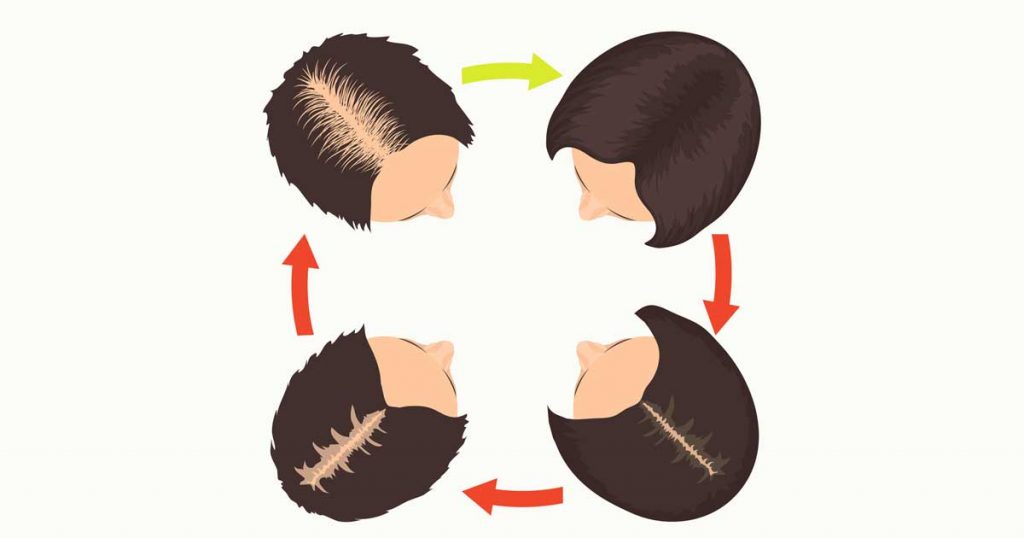According to WebMD, the average adult has about 100,000 to 150,000 hairs on their head and loses up to 100 of those hairs every day — and there are plenty of healthy reasons for those strays to fall. It’s when you start seeing clumps of hair clogging your shower drain that you might want to start questioning, “What’s up?”
That being said, the things you do every day affect the health of your hair, whether or not you recognize it. You can prevent unnecessary hair loss by being mindful about which habits are healthy for your locks, and which might be damaging. Here’s a list of five not-so-obvious things you might be doing that are causing hair loss, and what you can do about them.
You’re lacking essential vitamins
What your body takes in, or doesn’t take in, can translate into your hair’s health. A diet lacking essential nutrients can have a damaging effect on the cells in your hair, leading to excessive hair loss. Vitamin C, for example, is important because it helps synthesize collagen, the fiber that hair follicles need to grow. Protein is also essential to the growth of your hair; lacking it will lead to decreased hair growth and even gradual hair loss. It’s important to make sure you’re eating foods that contain a wide variety of nutrients. If you think you’re lacking certain vitamins, it might be worth meeting with a nutritionist: Your hair might thank you for it!
You’re pulling your hair back too tightly
Do you wear tight braids, cornrows, or rock a tight up-do? If so, your hairstyle might be causing your hair to fall out. According to WebMD, this kind of self-inflicted hair loss is known as traction alopecia, and it happens when you strain your scalp – also through chemical treatments and flat irons – resulting in damage and breakage of the hair follicles. Go easy on your locks: try wearing looser braids, and avoiding harsh chemicals. However, if you continue noticing substantial hair loss even after you change your habits, consider visiting your healthcare professional to make sure there isn’t an underlying medical issue.
Your started new medication
Certain medications can influence the growth of your hair, and might even lead to hair loss. For example, many blood thinners, or anticoagulants, list hair loss as a side effect. While this type of hair loss is temporary, it’s worth consulting this symptom with your doctor, as he/she might suggest lowering the dosage or changing the medication altogether.
You’re very stressed
Have you been feeling anxious about a big project at work or a stressful situation at home? Intense stress, as the Mayo Clinic explains, is actually associated with hair loss. You might be experiencing telogen effluvium, which is when significant stress causes your hair follicles to go into a resting phase. Luckily, learning to manage your stress might reverse the effects of this type of hair loss. Incorporating daily exercise into your routine is one very effective way to keep stress levels under control; even just a brisk, 30-minute walk in the morning can do the trick!
You tug on your hair
Do you twist or tug your hair when you’re stressed out? While many people fall prey to this habit, it becomes problematic when the fiddling becomes irresistible. Also known as the “hair-pulling disorder,” trichotillomania is a mental disorder that causes you to compulsively pull out hair from your scalp or other areas of your body. According to the Mayo Clinic, it’s a chronic disorder: one that is strongly related to emotions and stress. Even if you feel that urge to tug on your hair, it’s recommended that you report your symptoms. As the Mayo Clinic reminds, it’s not just a bad habit but a mental health disorder, and help is available.

